A Letter to Myself Podcast: How the cello saved Hughes Chong from a lonely childhood and helped his mum recover from stroke
Growing up, the cellist often felt socially awkward and preferred to be alone, he tells Joel Chua why the cello became his only "buddy".
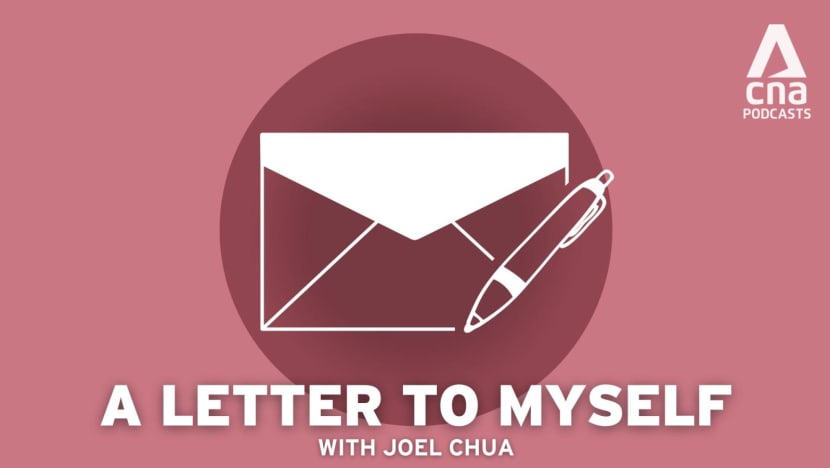
Be inspired by the person behind the personality on "A Letter to Myself", as newsmakers, thought leaders, and everyday people reveal the most valuable lessons they've learned through life.

This audio is generated by an AI tool.
Cellist Hughes Chong remembers the day strangers from the bank entered his house, labelling anything of value because his family declared bankruptcy. During this difficult period, with angry relatives constantly showing up at their doorstep demanding money, Hughes turned to his “buddy” - the cello – for solace.
The composer and founder of the Cellography Orchestra started playing the cello when he was seven, fell in love with it and began pursuing it professionally.
The instrument would later become a source of strength for a second time when his mother suffered a stroke. Despite a bleak prognosis, Hughes’ mother made a full recovery and learnt to move her fingers again with the help of the cello.
In this episode, Hughes tells Joel Chua how the strings became instrumental in comforting his younger self and provided hope for his mother to heal.
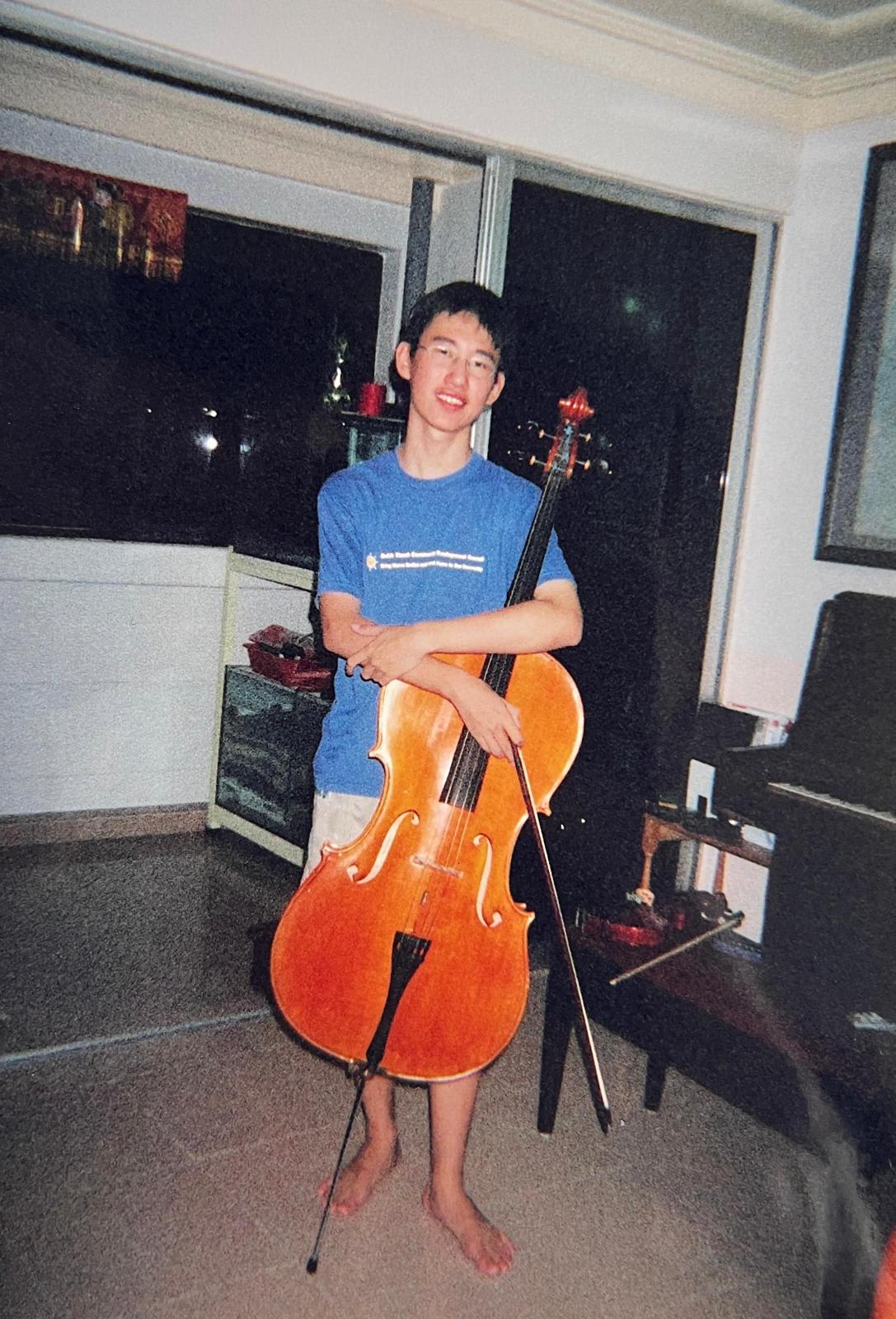
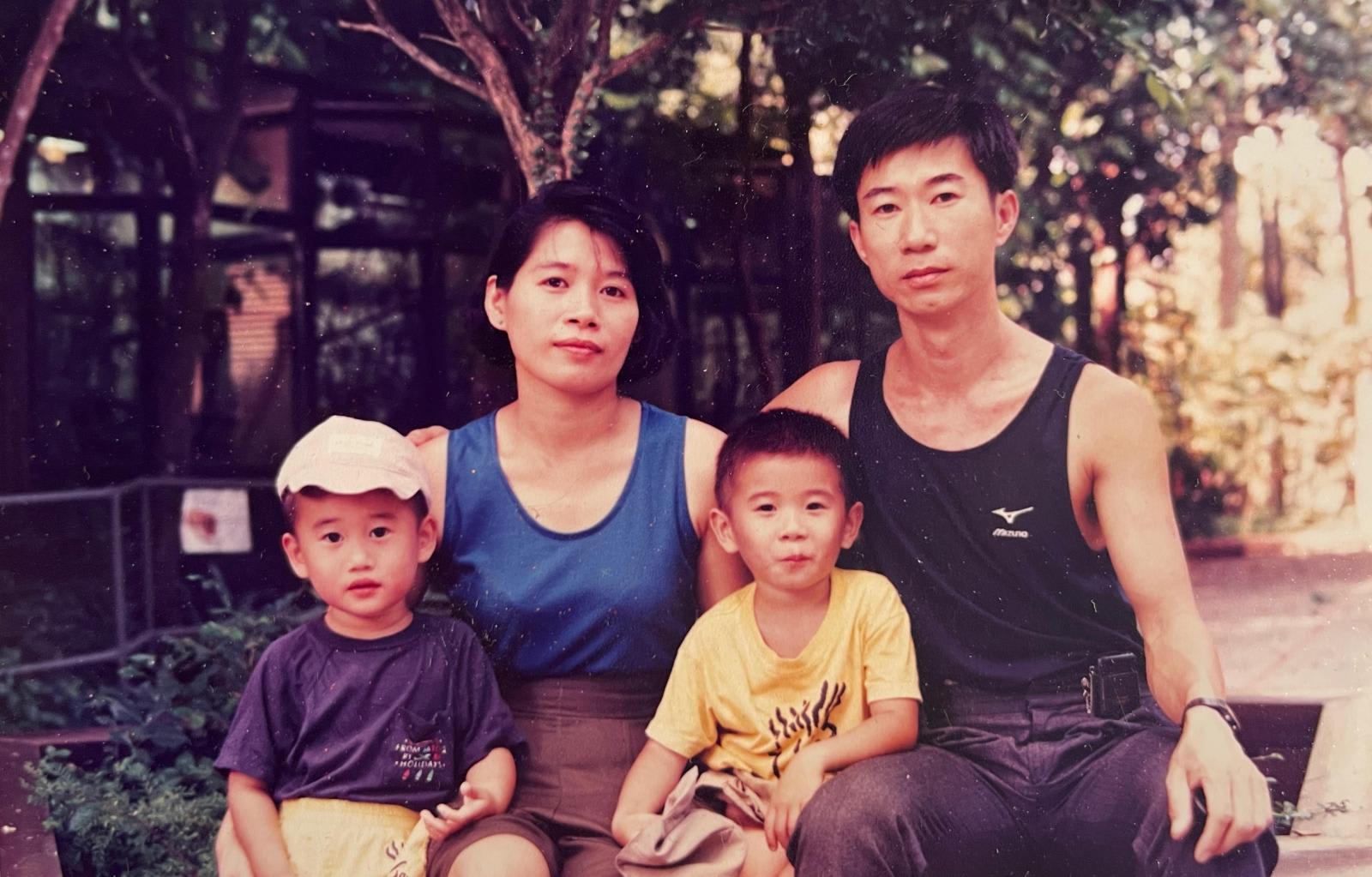
On learning the cello despite a difficult childhood:
“Our family went into bankruptcy, a little bit embarrassing, but it was the lowest we could ever go. And the government, the bank, they came into our house. They put an official sticker on anything that they can sell it off and it was a very, very tough time. And my mum, she was working five jobs in a single day, and she barely (slept) every single day …
So when you really need money for a new set of string for your cello or for new textbook, a new music dictionary, and they are way more expensive than common dictionary, how could you ask her for money?
So you just have to find a way to find your own money. But of course, (in an) ethical and honest way.”
On how music became his companion:
“If you have a really bad day, say something really upsets you a lot. You just go to your studio, you lock your door, you play something sad, and you cry your heart out. After that, you feel so much better. If things are not going well, you have frustration, you just play something crazy fast … and you might sweat a lot, but you feel better after that.
So it's an escape, yes, but it's also my companion, I say, an outlet for emotions. And the best part is, after you have this outlet, you hug a cello. (The) cello is very huggable.
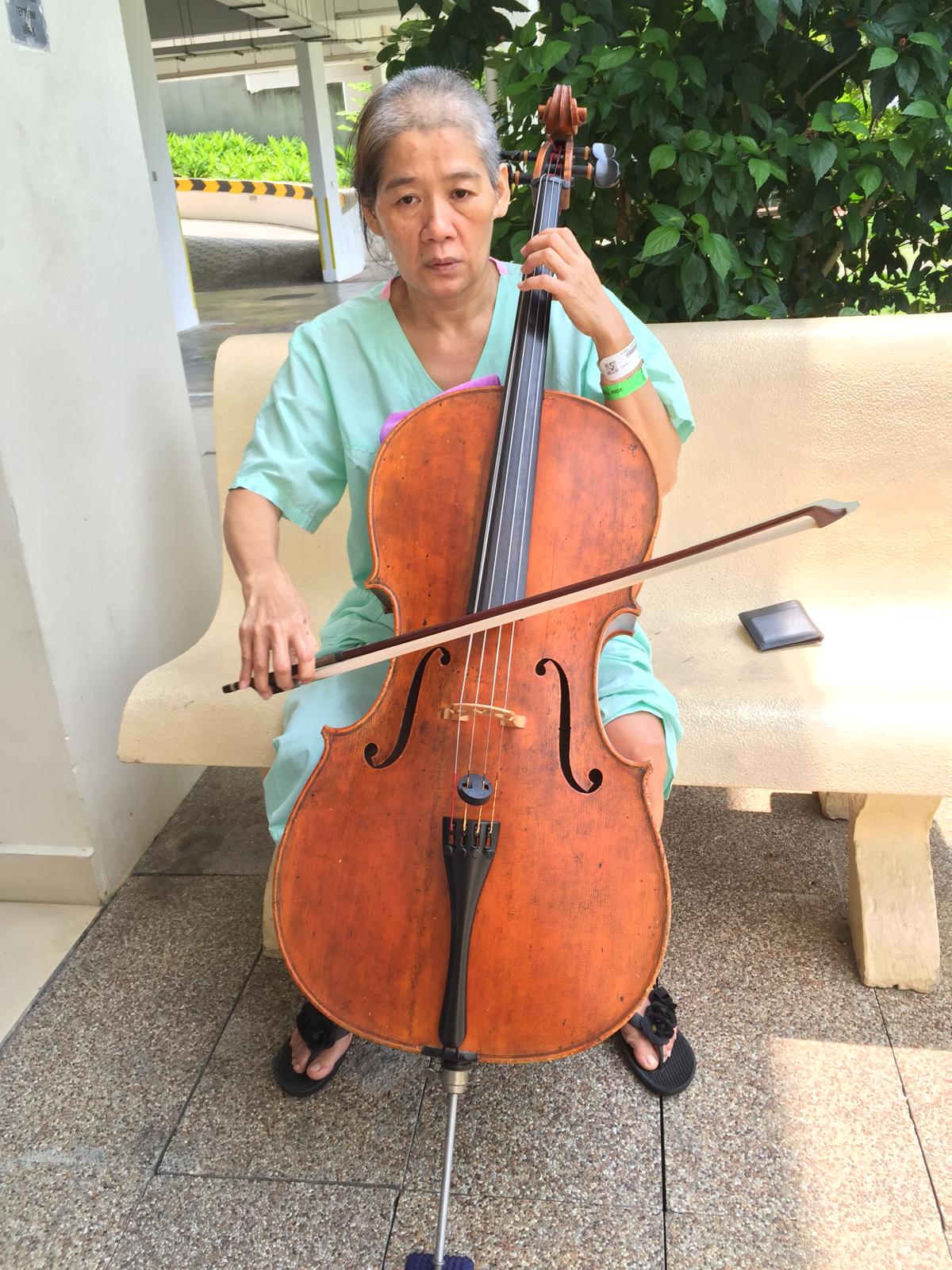
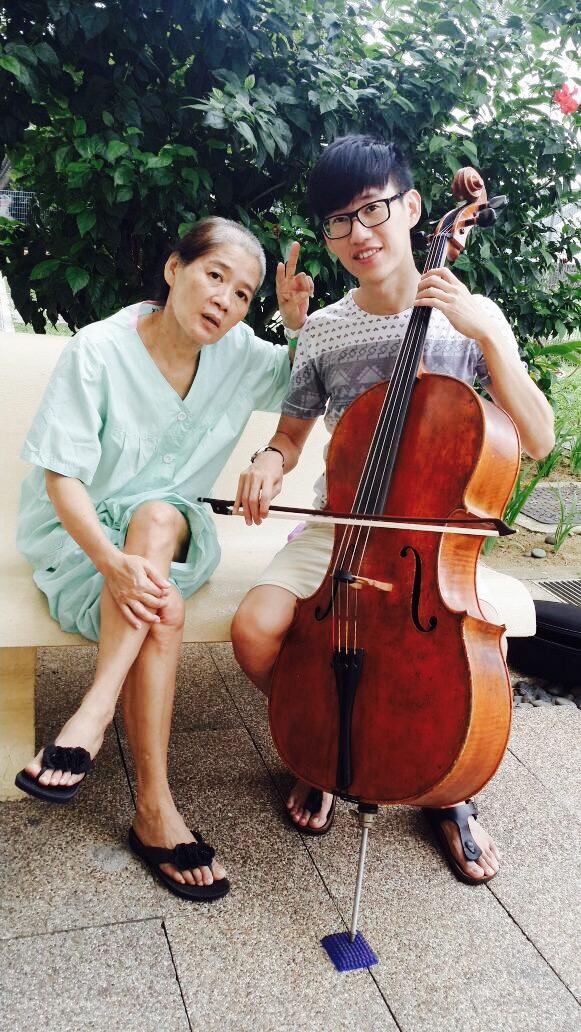
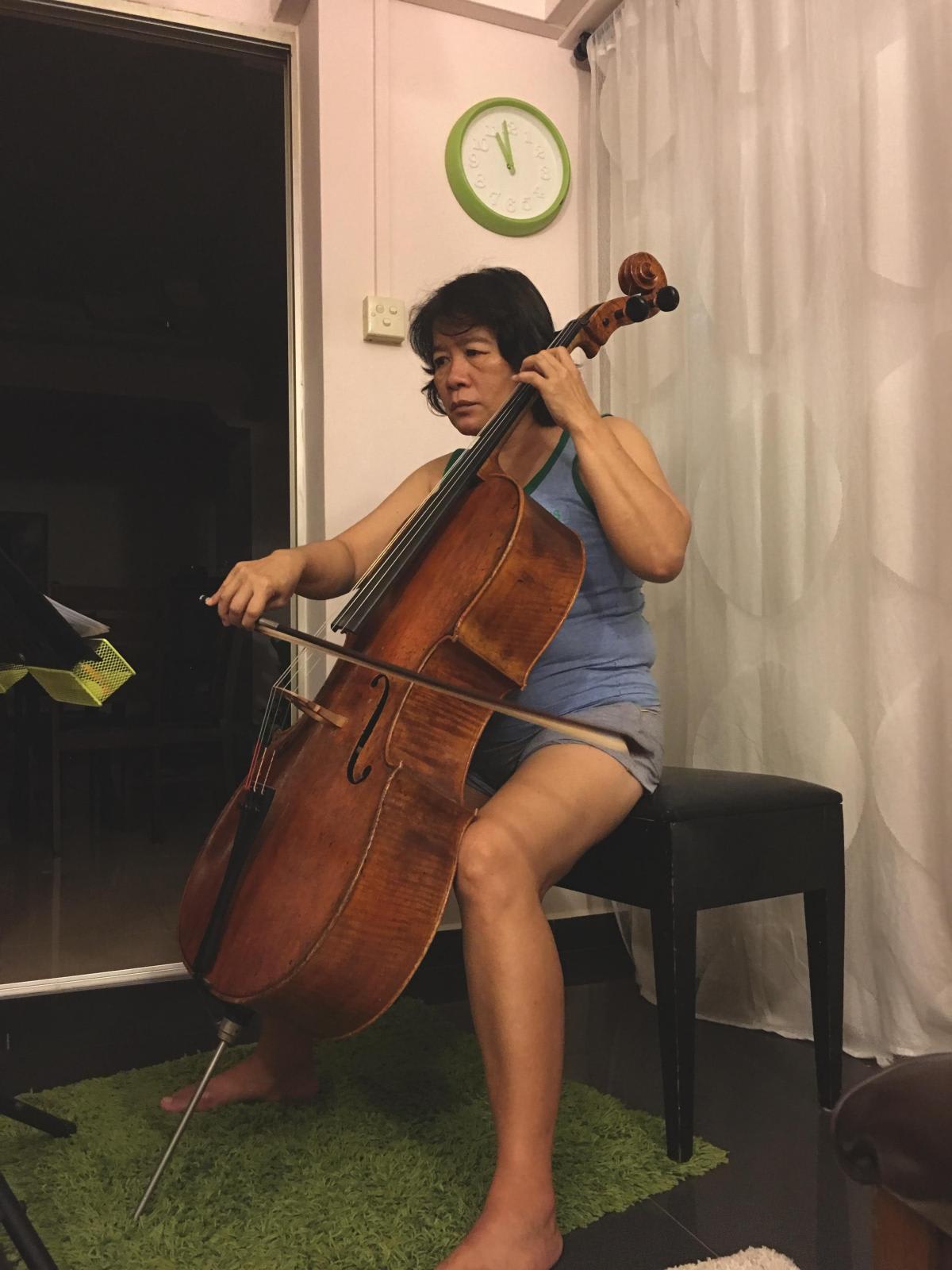
On how the cello helped his mother to recover from a stroke:
“Her brain was down to the level of maybe a three-year-old or something.
So this is the magical part. I passed her the cello. Immediately she knew how to handle the bow - which hand - she knew the posture, how to position the cello. And she started playing despite (the fact that) she couldn't even recognise my brother.
So I saw that as a way to bring her memory back. And of course, the cello is a highly complicated instrument. You need a lot of motor sensors, fine motor sensors. So from there, alongside with the rehab, I gave her easy pieces to play, starting with like Twinkle, Twinkle Little Star, mostly out of tune, making scratchy sound.
But that's okay, it’s part of the recovery, trying to get back. It took maybe around, I’d say, one and a half to two years for her to finally be able to play something more decently. But when she did it, it (was) a very touching and emotional moment.”
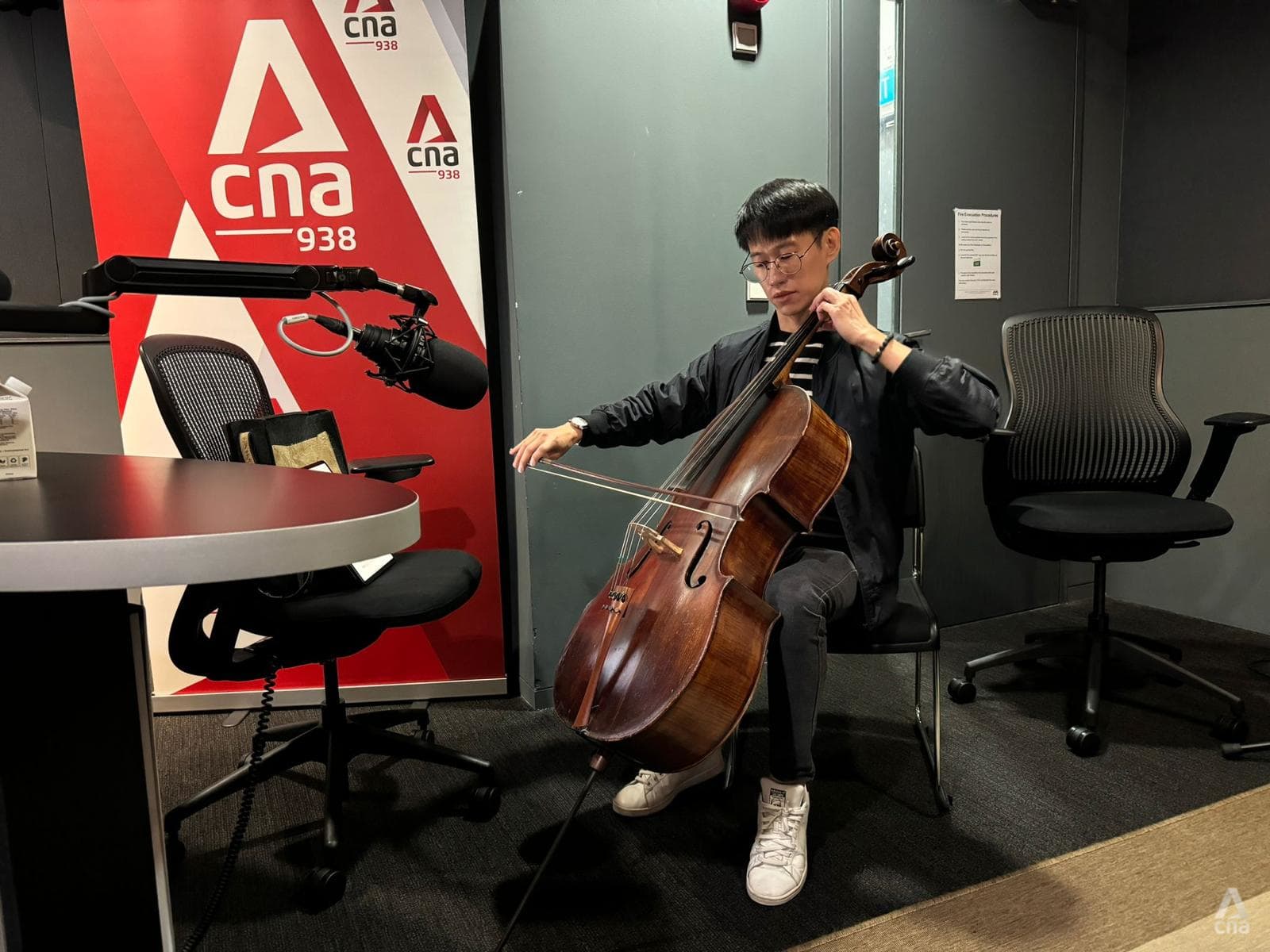
(This interview was first broadcast on 14 June 2024.)
Listen to Hughes' story on A Letter to Myself. This podcast, hosted by Joel Chua, features people with remarkable life lessons to share and airs every weeknight on CNA938.
If you know someone with an inspiring story, write to cnapodcasts [at] mediacorp.com.sg.
Follow A Letter to Myself on Apple Podcasts or Spotify.












